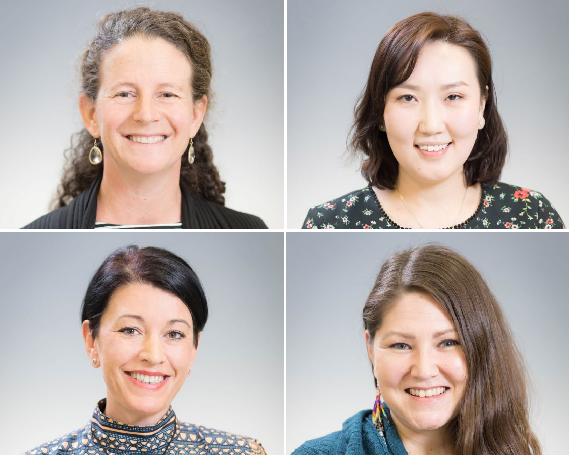Final Presentation at Leaders Workshop 2018-19_Beverley M. Thaver
August 29, 2019
August 29, 2019
August 29, 2019
August 29, 2019
August 29, 2019
August 29, 2019
August 29, 2019

August 28, 2019
In this series, the final presentations of all 20 participants of Sylff Leaders Workshop are introduced as five news articles (with links to the summaries of four fellows each).
The spring session of Sylff Leaders Workshop 2018-19 was held from April 7 to 14, 2019, in Beppu, Oita, with the generous support of Ritsumeikan Asia Pacific University. It brought together the 20 Sylff fellows from 20 countries—selected from among 114 applicants—who had participated in the fall session in Sasayama. The workshop was aimed at deepening fellows’ understanding of differences in values and perspectives and held on the topic of the “Future of Food Production in 2030.”
The participating fellows made final presentations during the closing session on April 11 covering one or more of the following topics: (1) self-introduction, (2) changes in values, perspectives, or ideas experienced during the course of the two workshop sessions, (3) how the world is likely to change by 2030, and (4) the kind of leader you see yourself as being now or aspire to become in 2030.
This article introduces the presentations of the following four fellows:

(Clockwise from upper left)Susan Rachel Banki, Nomingerel Davaadorj, Maria Adelasia Divona, and Jennifer Dysart.
Susan Rachel Banki
Nomingerel Davaadorj
Maria Adelasia Divona
Jennifer Dysart
August 27, 2019
August 27, 2019
August 27, 2019